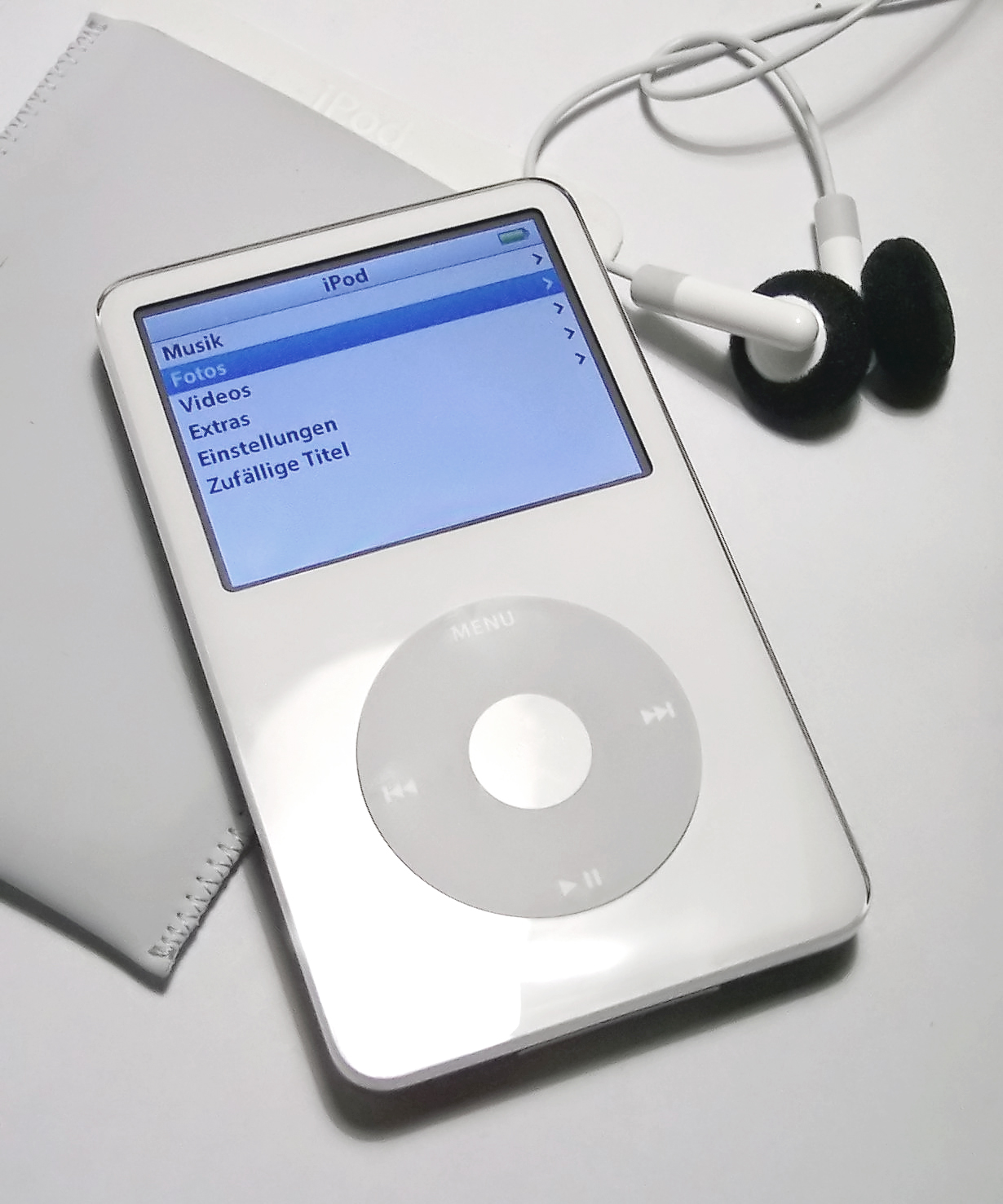July, Wednesday 29, 2015
Gerunds and Infinitives
Gerunds and infinitives are verb forms that can take the place of a noun in a sentence.
What are Gerunds?
A gerund is a verb in its ing (present participle) form that functions as a noun that names an activity rather than a person or thing. Any action verb can be made into a gerund.
.
- Gerunds can appear at the beginning of a sentence when used as a subject:
Jogging is a hobby of mine
- Gerunds can act as an object following the verb:
Daniel quit smoking a year ago.
- Gerunds can serve as an object after a preposition:
I look forward to helping you paint the house.
Note: The same spelling rules that apply to the progressive tenses also apply to gerunds.
What are Infinitives?
An infinitive is a verb form that acts as other parts of speech in a sentence. It is formed with to + base form of the verb. Ex: to buy, to work.
Infinitives can be used as:
- an object following the verb:
Jim always forgets to eat
- a subject at the beginning of a sentence:
To travel around the world requires a lot of time and money.
- an adverb modifying a verb:
You promised to buy me a diamond ring.
- an adjective modifying a noun:
Tara has the ability to succeed.









